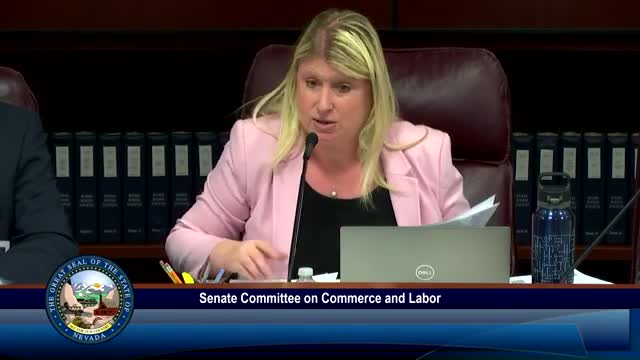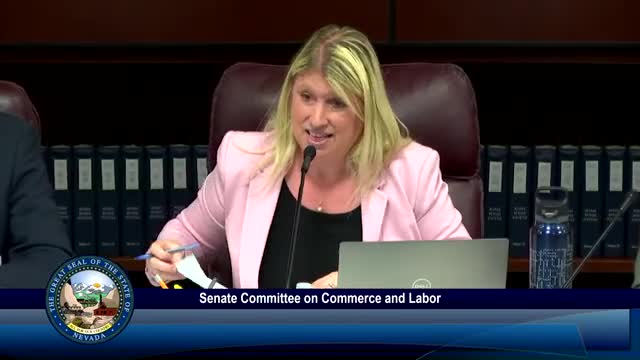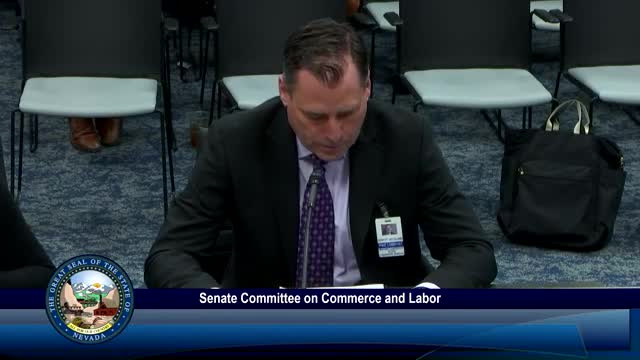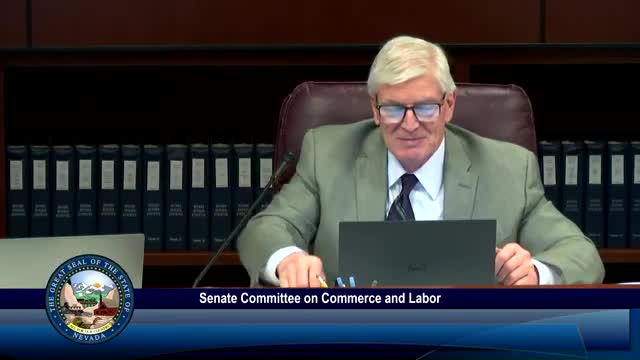Article not found
This article is no longer available. But don't worry—we've gathered other articles that discuss the same topic.

Senate committee hears bill to limit sole use of AI for prior authorization, add stem‑cell consent rules

Senate committee hears omnibus environment bill addressing plastics, PFAS, cutting boards and heat mitigation

Amendment to Senate Bill 97 would add tribal health administrator seat to Nevada’s insurance exchange board

